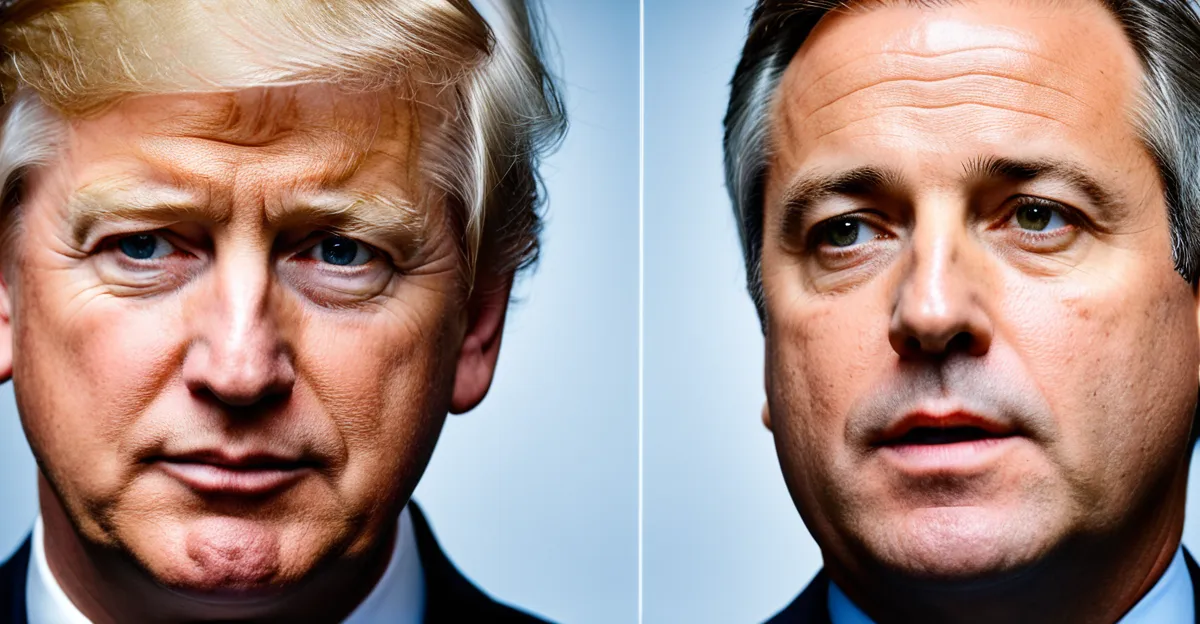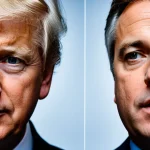Overview of Recent Political Changes in the UK
Since 2023, the UK political developments have been marked by notable shifts in leadership and policy direction. Several high-profile UK government changes occurred as prime ministers faced both internal party challenges and public pressure. These changes have influenced the political climate, creating an atmosphere of uncertainty but also opportunities for reform.
Recent UK elections revealed significant voter engagement, impacting party dynamics and prompting shifts in policy priorities. For example, some parties have advanced legislative reforms focused on economic recovery and public services, signaling a departure from previous agendas. These reforms aim to address pressing social issues but also reflect evolving party philosophies.
Topic to read : What challenges do local UK newspapers face today?
Public sentiment remains cautious, with many voters closely watching government responses to economic challenges and international relations. Opinion polls indicate a mix of skepticism and hope, underscoring the importance of clear communication and decisive action from the government. Overall, the post-2023 period has been a pivotal phase in shaping the UK’s political trajectory and governance style.
Immediate Impacts on UK Foreign Policy
Since 2023, UK foreign policy has undergone significant shifts reflecting the broader UK government changes. New leadership has reprioritized diplomatic strategy to better align with emerging global challenges and domestic political pressures. These adjustments mark a clear departure from previous foreign policy paradigms, emphasizing more pragmatic and flexible engagements.
Also to see : How Will the UK Adapt to Emerging Global Challenges?
One notable shift in diplomatic tone involves a move toward strengthening alliances beyond traditional Western partners, including renewed focus on emerging markets. This recalibration supports the UK’s strategic interests but has prompted mixed reactions internationally. For instance, some long-standing partners question the UK’s consistency, while new partners welcome the adaptive approach.
Short-term reactions from key international partners have ranged from cautious optimism to guarded skepticism. Allies are closely watching whether these policy changes translate into sustained action or remain tentative. The evolving political climate in the UK directly influences how flexible and responsive the government is on foreign commitments.
Overall, the impact of recent UK political developments extends deeply into foreign policy, reshaping diplomatic priorities and signaling a more dynamic, though uncertain, international posture. This underlines how domestic political changes reverberate on the global stage.
Relationship with the European Union
The evolving UK-EU relations have remained central since the Brexit aftermath, directly shaped by ongoing UK government changes. Recent political shifts have led to new policy approaches affecting trade and cooperation frameworks, aiming to balance sovereignty with economic necessity. For instance, adjustments in customs arrangements seek to ease barriers while respecting regulatory divergence.
One key area is the Northern Ireland Protocol, where modifications strive to manage border complexities without disrupting peace. The UK government’s stance on this protocol reflects its broader diplomatic strategy Europe-wide, stressing both compliance and the need for pragmatic adaptations. These efforts illustrate how UK diplomacy Europe addresses the delicate Northern Ireland situation, attempting to reconcile internal political pressures with international obligations.
The EU response to the UK’s political direction has been measured but cautious. EU leaders emphasize the importance of trust and transparent dialogue, closely evaluating the UK’s commitment to agreements since political changes. This evolving dynamic demonstrates how Brexit continues to influence diplomatic ties, trade negotiations, and mutual expectations between the UK and EU in a complex post-Brexit landscape.
Transatlantic Relations with the United States
Transatlantic relations have experienced notable adjustments amid recent UK political developments. Changes in UK leadership and evolving domestic priorities have directly influenced UK-US relations, especially regarding security and intelligence cooperation. The two nations continue to prioritize intelligence sharing, but shifts in diplomatic tone have introduced a more cautious approach to collaborative efforts, reflecting broader UK government changes.
Trade talks between the UK and the US have also seen renewed attention. Recent UK political shifts prompted calls for recalibration of economic partnerships to better suit new policy agendas. While both sides express interest in deepening trade relations, uncertainties around regulatory alignment and political consistency temper expectations.
The US response to UK politics reveals a nuanced stance. Washington acknowledges the importance of the UK as a close ally but remains watchful regarding the implications of frequent leadership changes. This sustained engagement amid skepticism highlights the resilience of the transatlantic partnership, underlining its strategic value despite fluctuating political circumstances. Overall, evolving UK politics are reshaping the contours of this crucial special relationship.
Engagement with the Commonwealth Nations
Recent UK political developments have prompted a strategic reassessment of UK-Commonwealth relations, reflecting the broader agenda of UK government changes since 2023. New leadership prioritizes revitalizing ties with key Commonwealth members such as India, Australia, and Canada, aiming to strengthen both economic partnerships and diplomatic collaboration in a fast-evolving global context.
Bilateral relations increasingly focus on shared values and mutual economic benefits. For example, trade agreements and investment initiatives with India and Australia are being intensively reviewed to better align with contemporary policy aims. This shift demonstrates a pragmatic approach to global diplomacy, emphasizing tangible outcomes over symbolic gestures.
Expectations among Commonwealth leaders highlight a cautious optimism. Many anticipate more dynamic UK engagement that can translate into concrete opportunities, while also urging respect for diverse national interests within the Commonwealth framework. This nuanced diplomacy reflects challenges in balancing historic bonds with modern geopolitical realities.
Overall, evolving UK international relations within the Commonwealth spotlight efforts to reaffirm the UK’s influence and relevance amid significant domestic and global political shifts.
Broader Global Implications and Future Outlook
The global reputation of the UK has faced tests amid recent UK political developments, with international reactions reflecting cautious assessment. Major powers like China and Russia have observed the UK’s shifts with guarded interest, analyzing how these UK government changes might affect global alliances and diplomatic influence. The United Nations and other multilateral partners emphasize continuity and stable cooperation, urging the UK to maintain its commitments despite internal political fluctuations.
Experts forecast a complex trajectory for the future UK foreign policy, highlighting both opportunities and risks. On one hand, the UK’s adaptive diplomatic strategy could enhance nimbleness in global forums; on the other, political instability may hinder long-term consistency. Such volatility complicates efforts to build trust with international counterparts.
Possible scenarios for international reaction to UK politics range from strengthened bilateral ties with emerging powers to strained relations with traditional allies wary of unpredictability. Monitoring these developments is crucial to understanding how the UK’s evolving politics will shape its global standing in the coming years, requiring careful balance between domestic priorities and international expectations.










